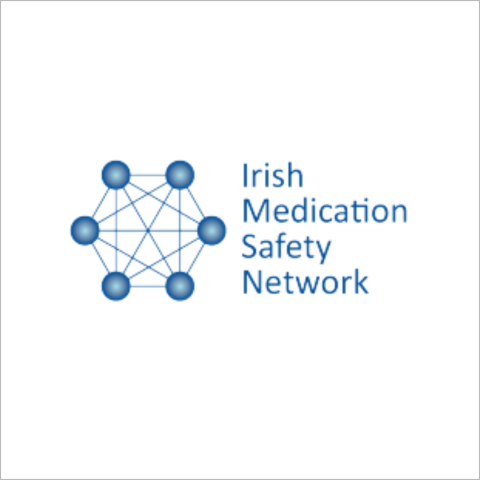
Lithium Therapy: a blue book for safety
- St John of God University Hospital, the HSE National Medication Safety Programme, the Irish Pharmacy Union, the College of Psychiatrists of Ireland and the Irish Medication Safety Network have collaborated to implement a national launch of an updated lithium booklet.
- The national patient information booklet has been produced and updated by Audrey Purcell, Chief 2 Pharmacist and the Saint John of God University Hospital Drug and Therapeutics Committee.
- This initiative is intended to provide and promote safer lithium therapy and empower patients to engage with their healthcare professional to discuss all aspects of lithium therapy, monitoring, and side-effects. Appropriate information and monitoring is imperative to ensure best outcomes for patients on lithium therapy and reduce likelihood of harm.
- The booklet has been reviewed and endorsed by Ciara Kirke, HSE Clinical Lead, National Medication Safety Programme.
- It has been edited and reviewed by the National Adult Literacy Agency and has successfully been awarded the plain English mark by NALA.
- This launch aligns with the updated Lithium Guideline produced by the Irish Medication Safety Network “Best Practice Guideline for Prescribing and Monitoring Lithium Therapy” available at https://imsn.ie/wp-content/uploads/2025/07/Lithium-v3.pdf
- Booklets have been distributed to Community Pharmacists via the IPU Review.
- An electronic version of the booklet is available online using the hyperlink below or can be accessed using the QR code below: https://assets.hse.ie/media/documents/Lithium_Therapy_Patient_Information_Booklet.pdf.

- Booklets can be ordered from this link https://surveys.hse.ie/s/EAFX45/ or via St John of God University Hospital: hospital.pharmacy@sjog.ie
The Lithium booklet contains:
- Essential clinical and safety information for patients
- Information on side-effects and signs of toxicity
- Advice on appropriate OTC medicines and contra-indications
- A programme of monitoring to ensure safe and appropriate monitoring
A record book to record lithium levels and essential blood test results.
Pharmacists provide essential support and are recommended to:
- Ensure patients have a lithium booklet
- Reinforce essential information verbally
- Refer patient to the booklet to be aware of potential side-effects and signs of toxicity
- Ensure the patient understands their own programme of monitoring
- Support patients to engage in appropriate blood test monitoring: keep their record book up to date, and have available at consultations with GP, Consultant, Pharmacist, Nurse.


Audrey Purcell B(Sc) Pharm. MPSI. MSc. Psych Pharm.
Chief 2 Pharmacist, St John of God University Hospital, Stillorgan, Co Dublin.
Honorary Senior Clinical Lecturer, Royal College of Surgeons in Ireland.
